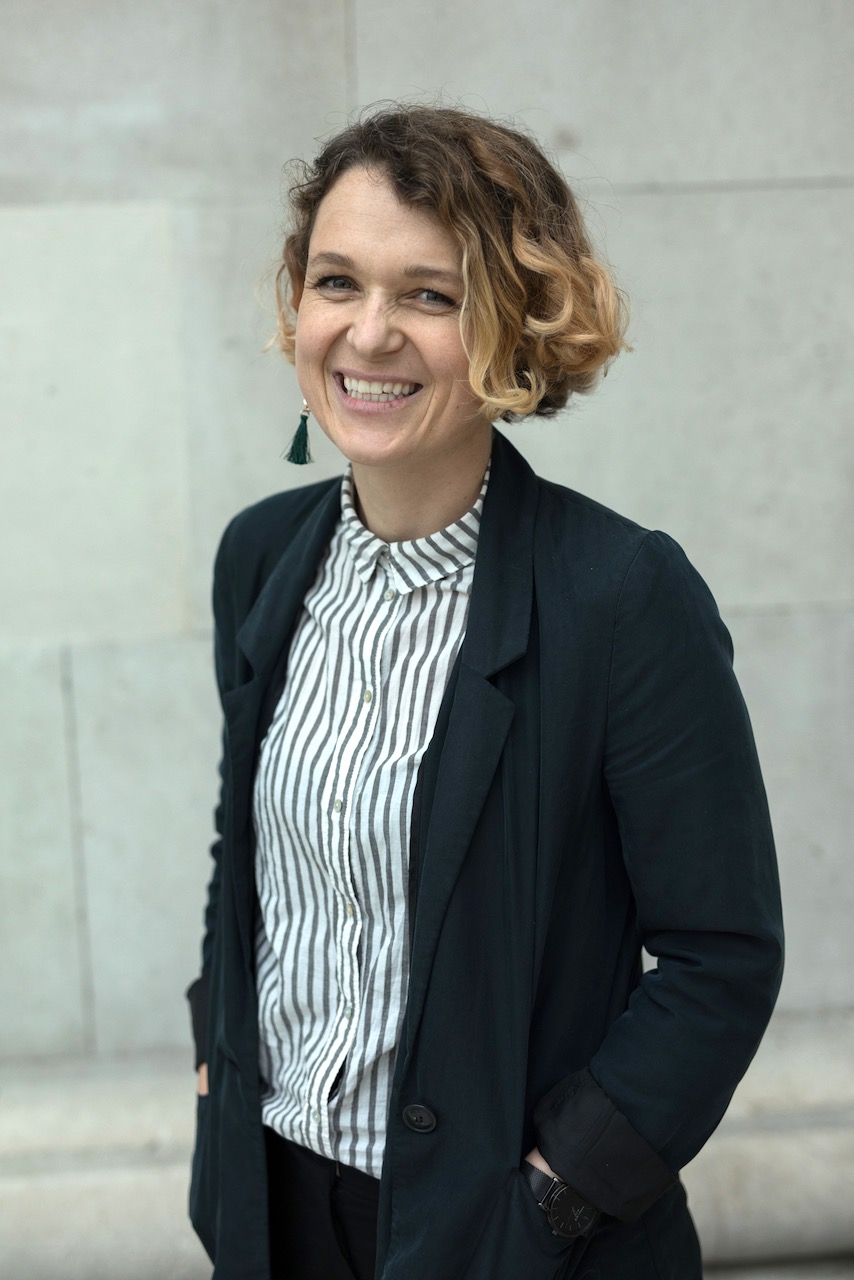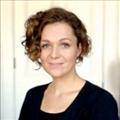
Hanna Baumann has been awarded a fellowship to compare how refugees are integrated into host societies in Germany and Lebanon.
Through the lens of infrastructure, and how people organise around it, I hope to gain a better understanding of what urban citizenship means for non-citizens.
Hanna Baumann
A Gates Cambridge alumna has been awarded a Leverhulme Early Career Research Fellowship to compare the ways refugees are integrated into host societies in Germany and Lebanon.
Hanna Baumann [2012], who did a PhD in Architecture at the University of Cambridge's Centre for Urban Conflicts Research, will look in particular at how infrastructure and public services define the relationship between refugees and their host countries.
Hanna says that in Lebanon, where there are 1.5 million refugees and every fourth person is a refugee, basic services such as electricity, water and waste removal are not consistently provided, even for the average citizen. But Lebanon also has a history of absorbing refugees. “It is a surprisingly hospitable place, given the numbers of refugees and the economic impact,” she states. Hanna is interested in studying how social movements built around Lebanon's insufficient public services might include refugees' access to infrastructure.
In Germany, on the other hand, access to public services is generally available to all, but the presence of refugees has had significant political and cultural repercussions. Hanna is interested in how some services in Germany are delivered to refugees in exchange for an adjustment in behaviour, for example, through teaching newly arrived asylum seekers how to ride a bike or recycle. “The aim of some services seems to be to mould refugees into proper German citizens,” she says. She also wants to investigate the assumptions underpinning some of the services offered.
Hanna’s project begins in January under the mentorship of Professor Henrietta Moore. Hanna will continue to be based at the Institute for Global Prosperity at University College London where she is currently a researcher at the RELIEF Centre. Since March, she has been working on infrastructure issues, examining how aid organisations deliver aid, what criteria they use to decide who is the most vulnerable and how they negotiate with local authorities who is responsible for providing basic infrastructure.
The RELIEF Centre is led by the UCL Institute for Global Prosperity (IGP), in collaboration with departments in University College London (UCL), American University of Beirut (AUB) and the Centre for Lebanese Studies.
Hanna's interest in infrastructure is a continuation of her previous research on Palestinian mobility in Jerusalem and the ways in which the city has both included and excluded Palestinians.
When she begins her new project she will spend five months in Lebanon and five in Berlin, her home town. “I think I have a responsibility to look at these issues in my home city,” she says. “I hope I can draw attention to the fact that, even if you give people a service for free, there needs to be awareness of the problems that can cause and how things can be done more sensitively and effectively. Through the lens of infrastructure, and how people organise around it, I hope to gain a better understanding of what urban citizenship means for non-citizens.”

Hanna Baumann
- Alumni
- Germany
- 2012 PhD Architecture
- King's College
Previous Education
Barnard College
Oxford University












